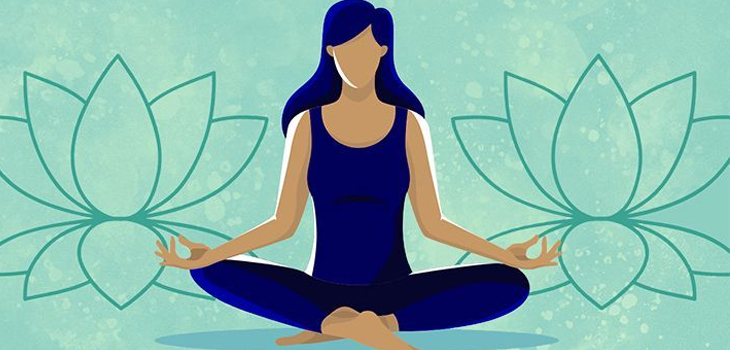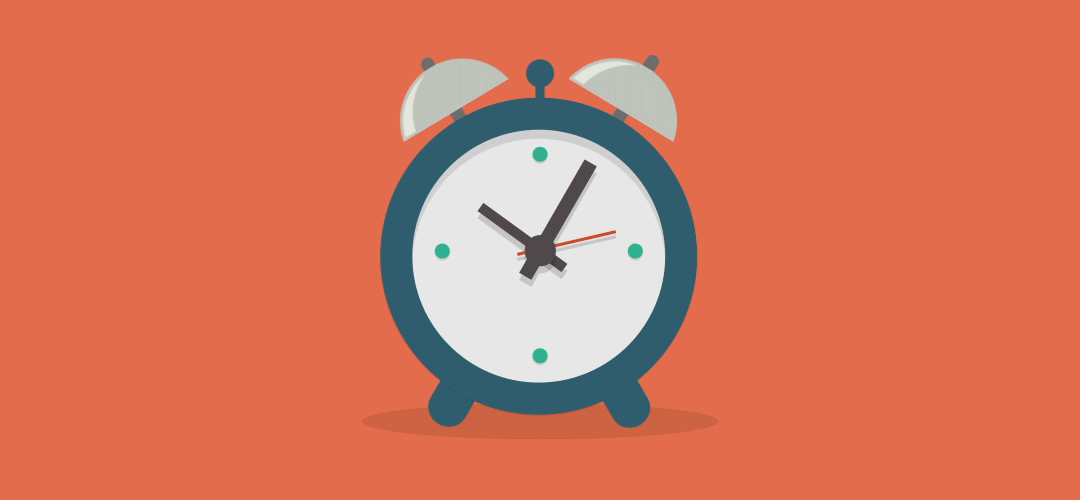
13843 views
by Dr.Meghna varma
Meditation & Tips

Let’s start at the very beginning: What is Meditation? Given how meditation & its practitioners are depicted in the media - a saffron robed monk sitting in lotus position for days - it’s highly likely that you have an incomplete & incorrect idea about it.
Meditation is simply awareness. It is about dedicating a certain amount of your time & effort towards being as mindful as possible. To do so, choose an object to meditate upon - your breath, for instance - & pay attention to it.
95% of our thoughts & behaviour run on autopilot. Our brains do this so that we can function effectively even while receiving the millions of sensory inputs per second. While these default processes are beneficial in certain situations, they can make it difficult to bring about positive changes.
Meditation is the exact opposite of these default processes. It allows for intentional actions, decisions & willpower. It is all about befriending the mind to cultivate awareness & develop an improved sense of calmness, attentiveness & presence. However, meditation takes practice. Most of us as beginners find that the mind does not stay put. One moment, we are completely focused on the breath & the next we are thinking of a conversation we had with a friend or a vacation we had last year.
Here are some tips that can get you started:
Drop your expectations:

Yes, mediation can bring about inner peace & general sense of joy. But it is not instant quick fix to all your life’s problems. As with any exercise, mediation takes time & effort to reap benefits.
See each meditation session as an opportunity to get to know your mind better instead of going with an expectation of how you’d feel after.
Schedule a time to Meditate:

When you choose a particular time of the day to meditate, it becomes a habit & you are more likely to do it.
Create a space to Meditate:

The advantage of doing this is that it can train your body & mind to relax more easily once you enter that space.
A dedicated meditation space that is clean & uncluttered can help you transition into your meditation quickly & effortlessly.
Some days will be harder than others

Just like a workout, some days will feel better than the others. Do not be too hard on yourself for the bad days. Treat yourself with kindness & remember there’s a reason why meditation is called practice.
Acknowledge your emotions

Meditation can bring up happy emotions as well as the sad ones. It’s important that you realise that emotions are nothing but fleeting feelings & thoughts that come & go.
End your Meditation slowly

After your meditation take a minute to just sit & process your meditative experience. Journal your thoughts & ideas instead of diving straight into your day.
Power of meditation lies in creating a routine. Regular practice can yield profound results giving you a greater sense of control & making room for more calmness & kindness even in difficult situations.


